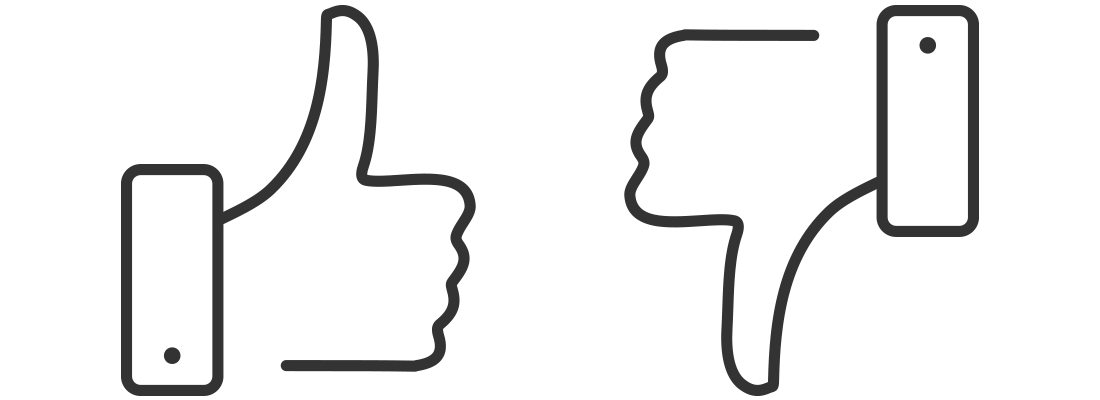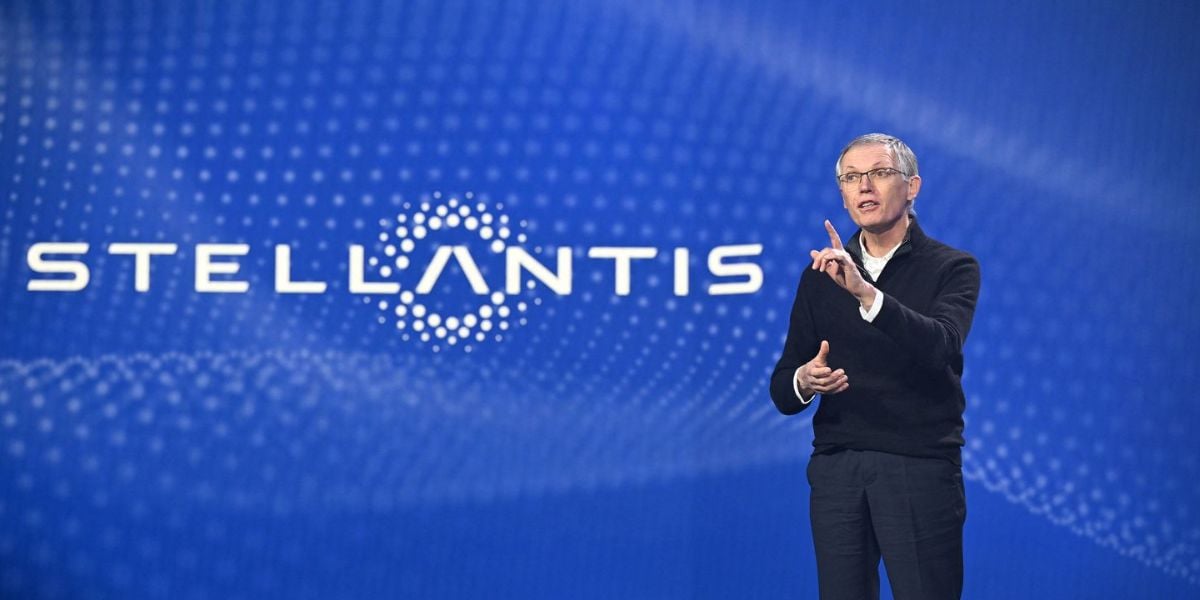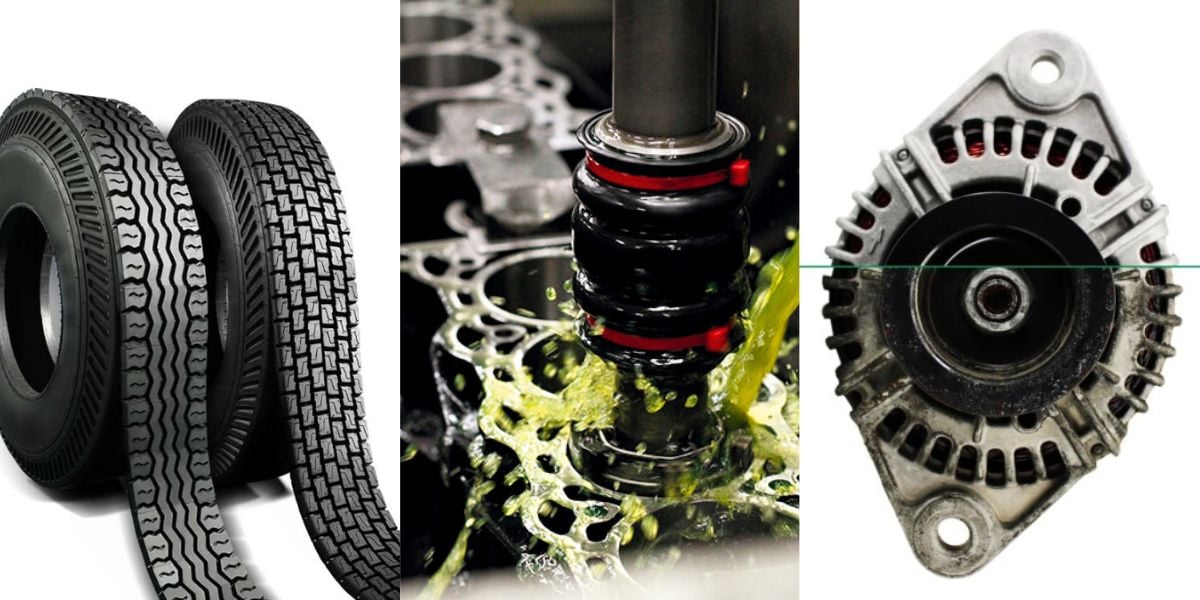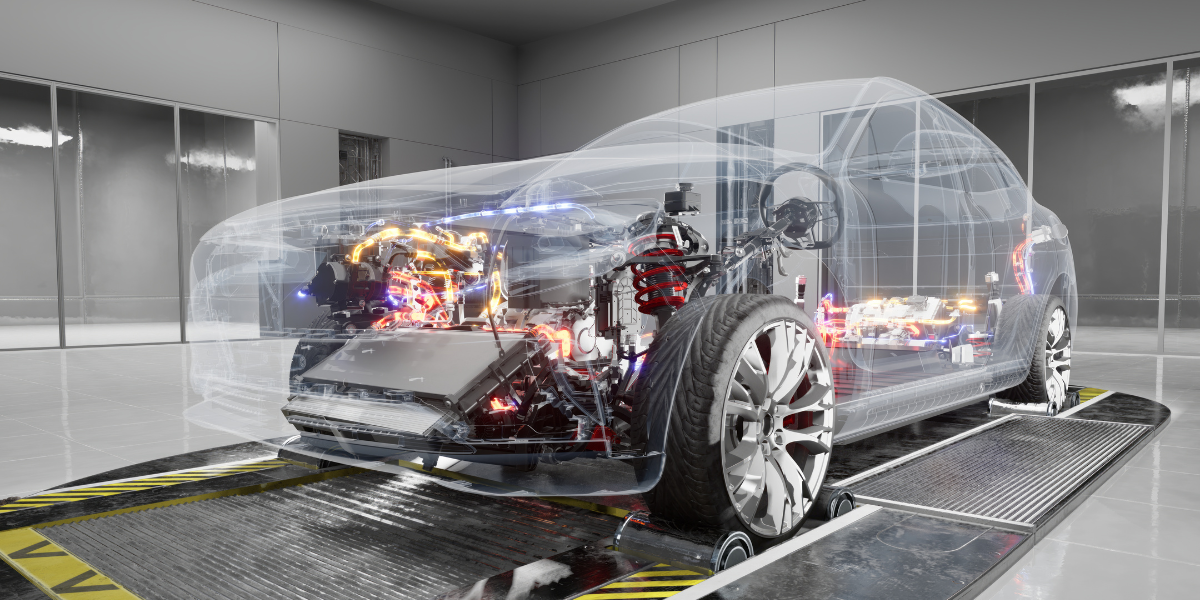Does a certificate equal product quality?
The existence of a quality management system certification is not necessarily a statement of product quality. Volker Schittenhelm tries to bring clarity to the confusion…
Does certification necessarily equal product quality? The answer to this question must be a clear ‘no’. There is a difference between product norm or quality guidelines – such as the quality label RAL RG-797 (used on remanufactured engines) - and Europewide existing quality management (QM) systems such as ISO 9000ff, QS-9000, ISO/TS 16949 or VDA 6.1.
Statements from well-known manufacturers such as “Company XYZ with certified quality regarding ISO…” are not wrong, but perhaps only tell half of the truth. Companies with,such statements make the customer or end user believe that their products automatically have a high quality level. But that is a false conclusion – often and most likely used by PR departments. The following clear differentiation gives transparency:
Quality management (QM) systems only look at the production process. Of course they influence the quality of manufactured and remanufactured products, but their direct target is the manufacturing/ remanufacturing process itself.
The requirements on products, specified in a QM system are variable parameters and thus exchangeable without the need for changes within that system. Modes of action made within a QM system shall lead to a product that correlates to the specifications defined prior to the manufacturing process – which is absolutely independent – where the quality level itself was fixed. Let me give you an example: a brake pad manufacturer takes cow dung as friction material; he defines specifications and documents every step in his manufacturing process. With that, he would be able to be certified after ISO 9001. Would you buy these brake pads? Would you be unconcerned to have these in your car? No? But the manufacturer refers to a quality certification! See the difference?
Product norm, on the other hand, prescribes and regulates the quality level of the product. Qualified engine remanufacturing as a service is, in this sense, a product. A remanufactured engine is tagged with the statement that the product meets the quality requirements specified in the indicated product norm. Thus, product norm gives a clear statement about the defined technical requirements of the product itself.
Product quality assures the customer that the quality profile of the product has been fulfilled. QM systems, in contrast, only guarantee the customer that the products have been manufactured/ remanufactured under monitored and verified steps.
Product norms/quality labels and QM systems can be complementary in the best-case scenario – but they can never be substitutes for one another. To assume that they can be mixes up completely the sense and content of each method and their respective messages. This is why the branding of product norms/quality labels and the branding of QM certificates have to be strictly separated from each other.



